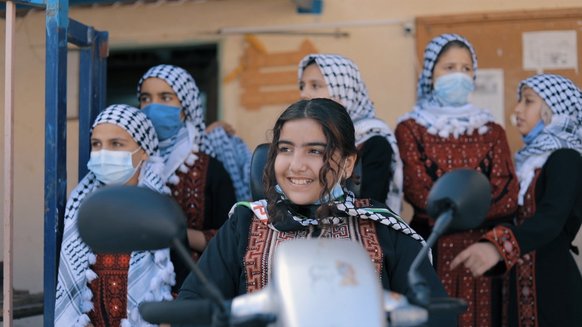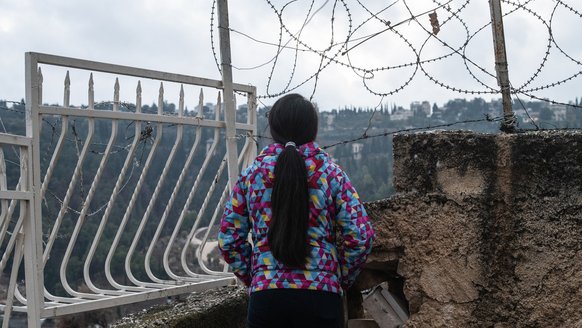War Child Offers Children in West Bank a Mental Health Lifeline
Aug. 18, 2022
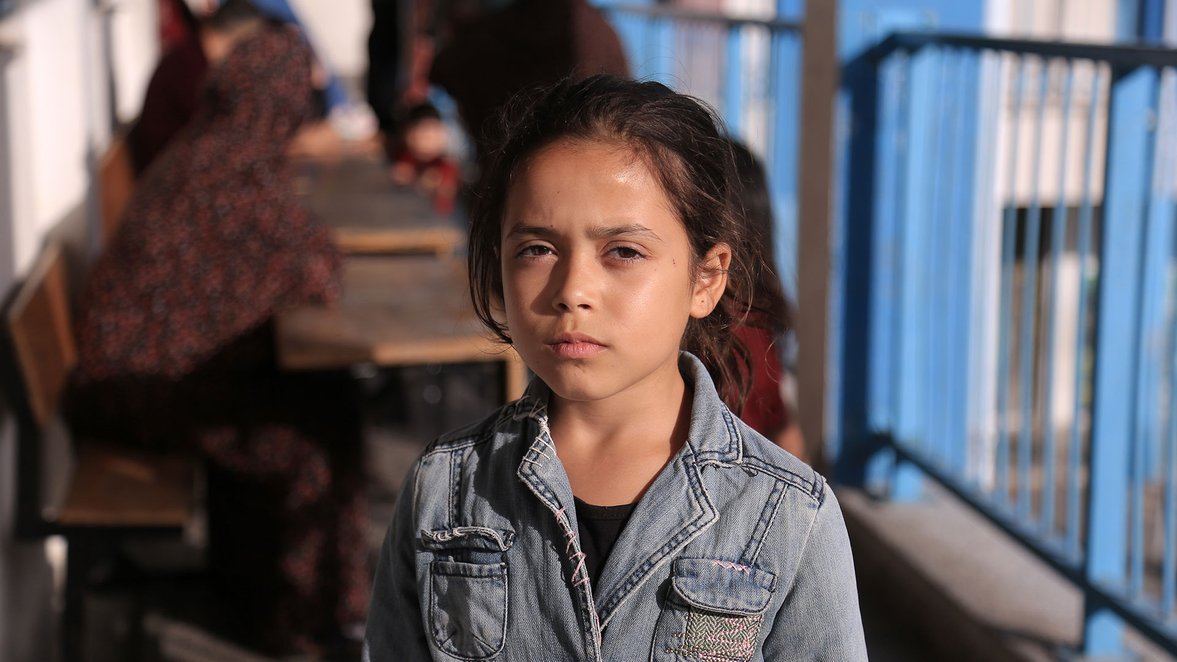
Four out of five children
The impact of 15 years of violence and blockade on children’s mental health is extensive. Four out of five children in the Gaza Strip alone say they are living with depression, grief and fear. With the wellbeing of parents and caregivers also deteriorating, and mental health services virtually non-existent, the structures that serve to protect children are rapidly shrinking.
Through ReachNow - our new, evidence-based programme - War Child is giving communities the tools to prevent children from falling through the gap.
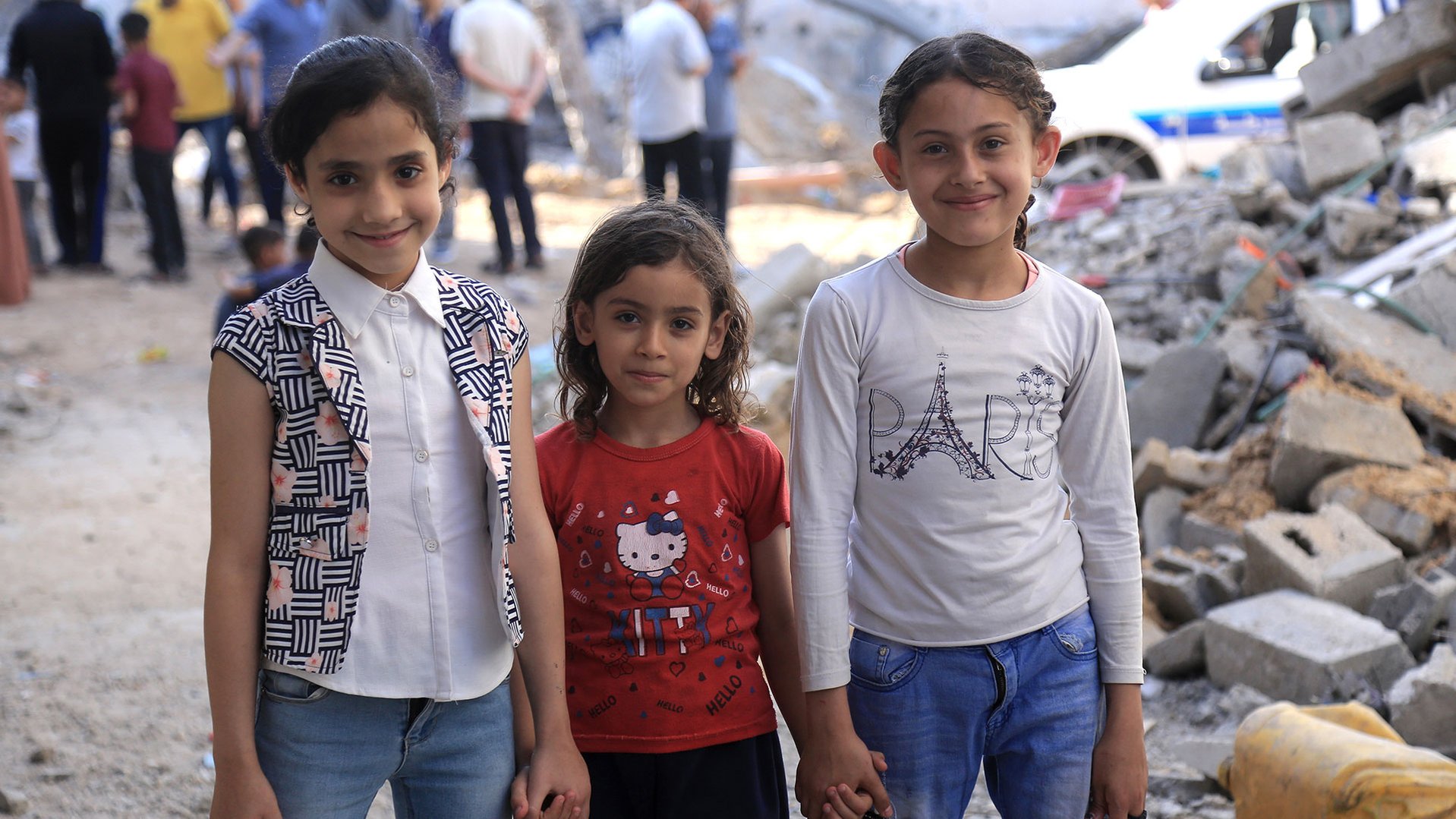
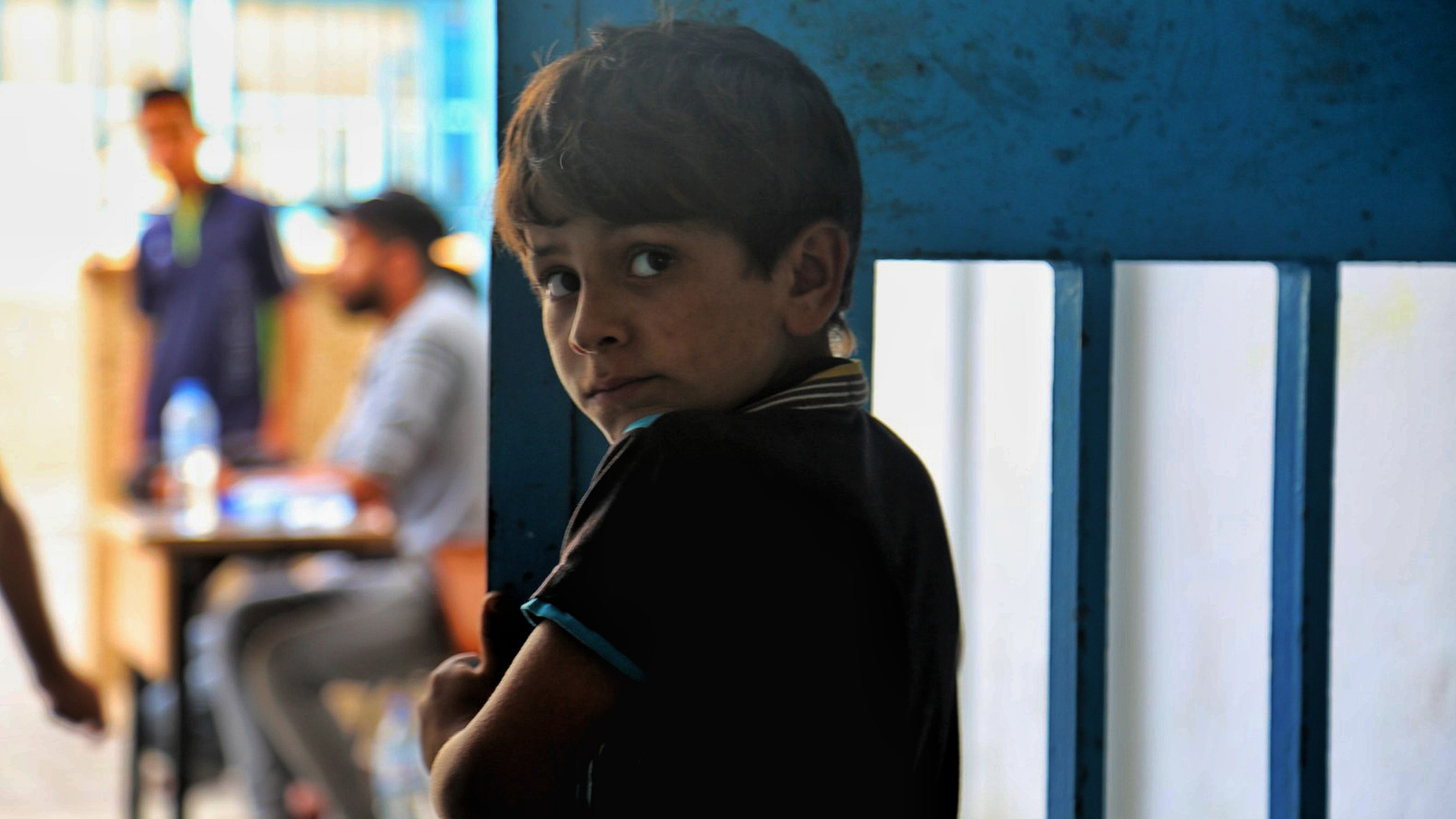
Low-cost, high-impact
Ok, sounds promising - but how does it work? The programme is based around a simple tool - a piece of paper featuring a case study and a decision chart. The case study is illustrated through a series of narratives that depict common examples of children experiencing psychological distress.
Trained community facilitators use the tool to identify children they believe to be in need of psychological support. A more in-depth assessment is then conducted with a professional mental health worker.
In the occupied West Bank, this low-cost, high-impact method is being adopted by teachers in school settings.
Gatekeepers of the community
With over ten years in the profession, Nour is one of those teachers. She works at a primary school in the West Bank.
Previously, if she saw difficult behaviour in the classroom, she referred the child to the internal counsellor. Unsure what constituted a referral, she often hesitated and confided in fellow teachers without considering the privacy of the pupil.
She also indicated that she did not consider more subtle warning signs - such as “a child withdrawing from activities or being unusually calm” - because she did not see these behaviours as potential symptoms.
Now, Nour looks at her classroom in a whole new light. “Suddenly, I was able to distinguish between behavioural and emotional indicators of distress”, she says. “And not write off children as ‘problem students’ wishing to cause trouble.”
“I also gained vital knowledge on the practical procedures that I must follow after identifying a child.”
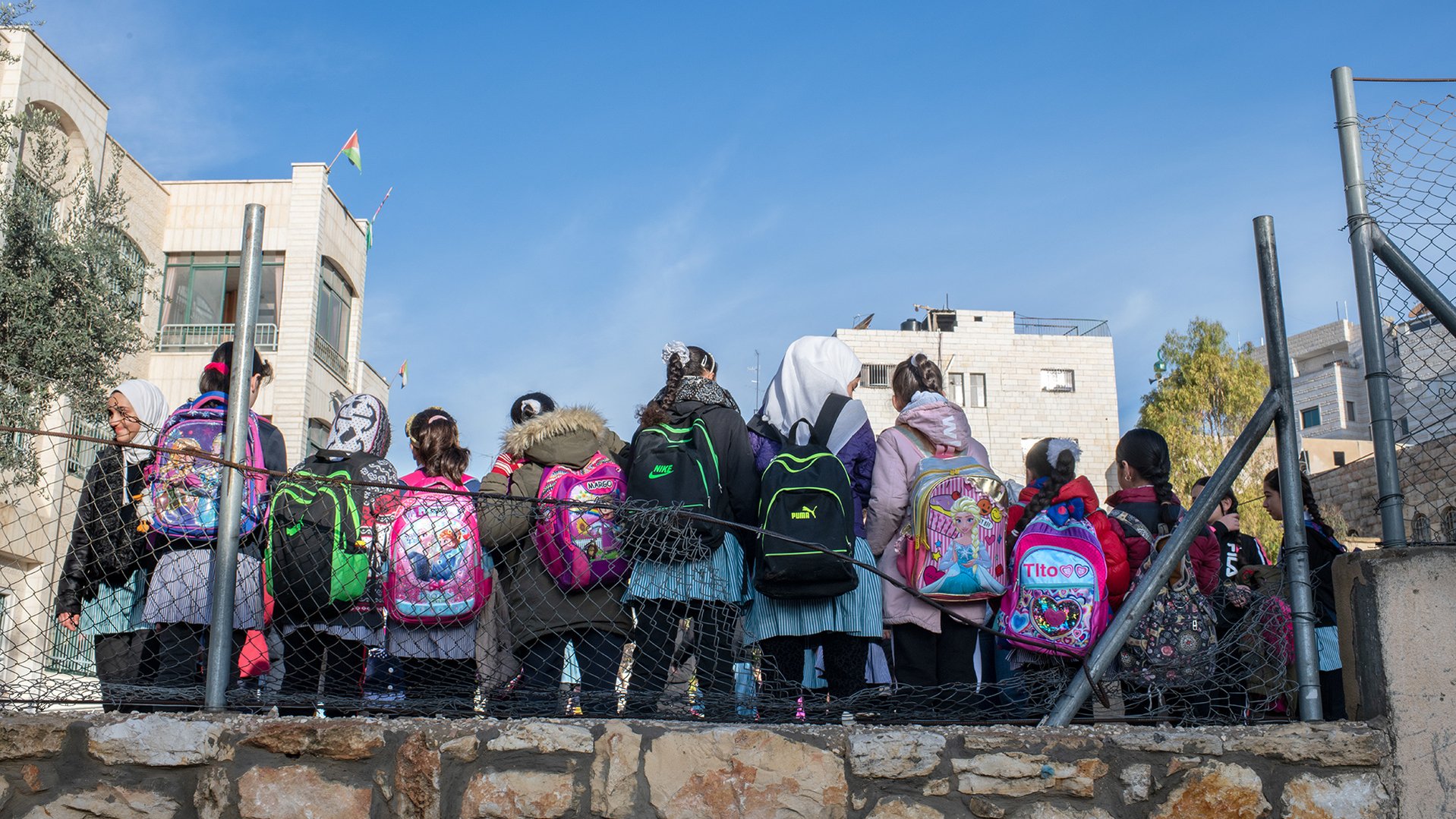
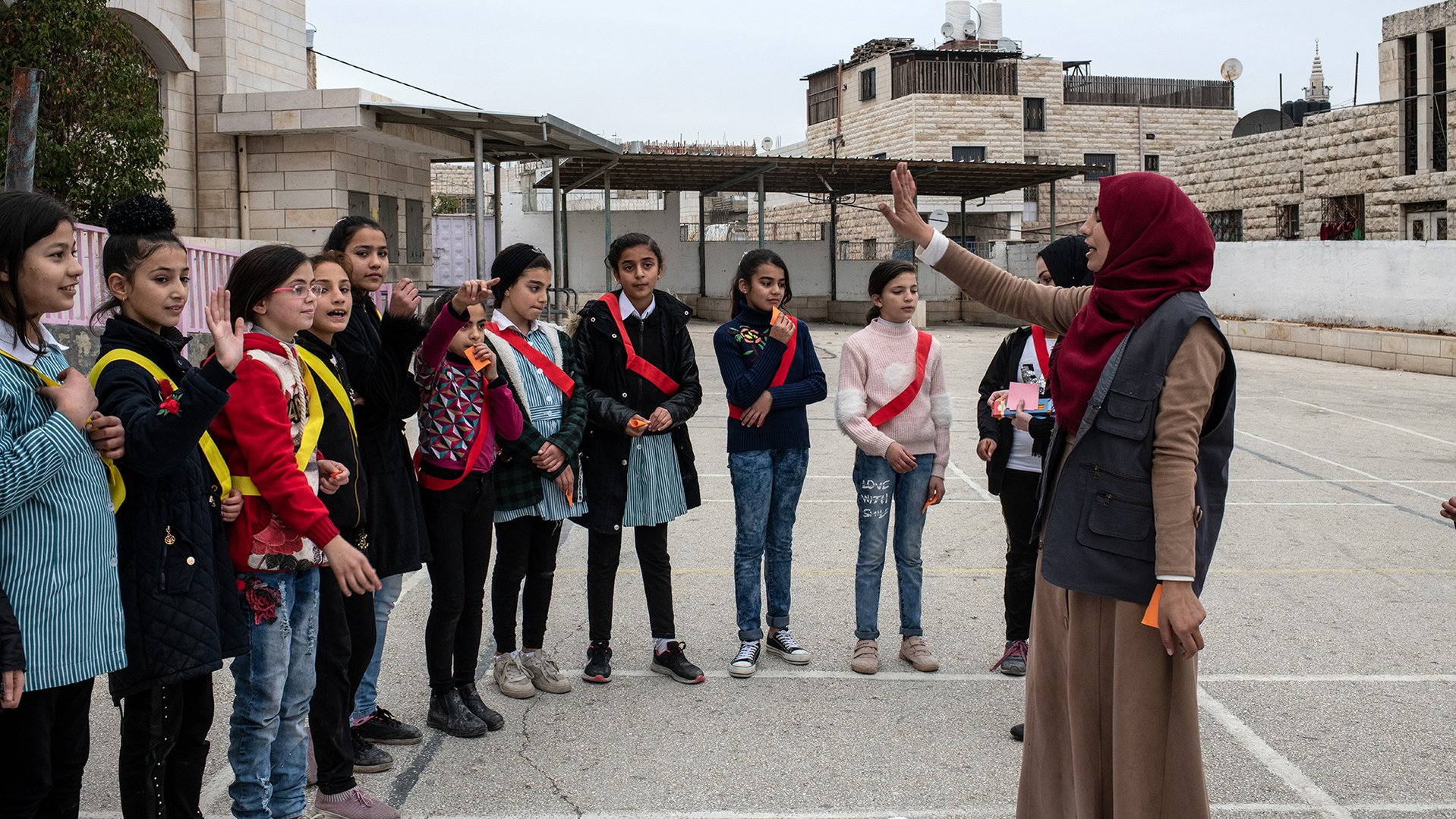
Mental health treatment gap
With the support of these ‘community gatekeepers’, War Child - together with a local expert mental health partner organization - have succeeded in identifying 403 children in 100 schools across the region. Five of these children were later referred to specialized services.
“Most of the children who are identified by the tool receive some form of psychological support”, says Myrthe van den Broek, Lead Researcher. “However, we still have challenges in the referral mechanisms due to the limited ability to follow up cases.”
Despite exploring new ways to assure quality support, lack of mental health services and human capacity remains a major obstacle. The 2.7 million people who live in the West Bank have a limited number of psychologists at their disposal.
Urgent need for investment
“We are currently working to roll out the method in Ukraine, Uganda and elsewhere”, says Myrthe. “But in order to do that we must address this glaring care gap from both the supply and demand side. Ultimately, that requires funding - and much more than the three cents per person currently spent on mental health care globally.”
For more on ReachNow and its impact to date, visit this page.
